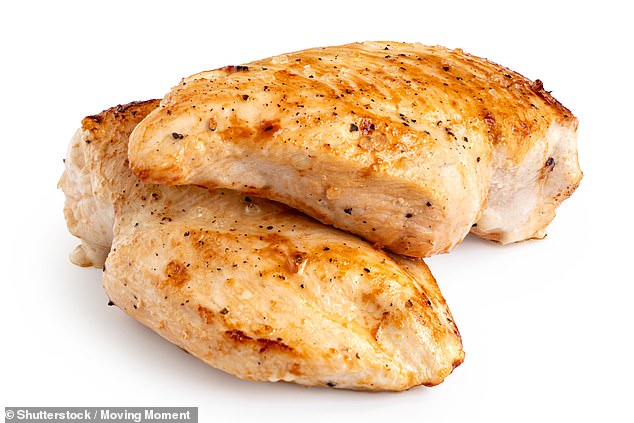
Scientists Advise Two Weekly Chicken Breasts as Sustainable Diet Limit
Sustainable Meat Consumption: How Much is Too Much?
[Image: A juicy burger and grilled chicken with text overlay: “255g/week limit”]
If you’re trying to balance meat cravings with eco-conscious choices, a new study offers clear guidance. Researchers from the Technical University of Denmark found that sustainable diets allow just 255g of chicken or pork weekly—equivalent to two chicken breasts or one pork chop. Red meat, however, is entirely off the table for planetary health.
Why Red Meat Fails the Planet
Red meat (beef, lamb, venison) exceeds environmental limits even in small amounts. “Moderate red meat intake isn’t compatible with Earth’s resource regeneration,” says lead researcher Caroline H. Gebara. The study analyzed CO2 emissions, water use, and land impact across 100,000 diet variations. While poultry and pork have lower footprints, red meat’s resource demands are unsustainable.
[Image: Grilled steak vs. vegetables with caption: “Red meat’s environmental cost is too high, study says”]
What 255g Looks Like
For context, a standard UK supermarket pack of two chicken breasts (~300g) slightly exceeds the weekly limit. Two pork chops (~500g) mean you’d need to split the pack over two weeks. The findings urge prioritizing plant-based meals while allowing modest poultry or pork portions.
Health, Budget, and Planet Benefits
Pescatarians, vegetarians, and vegans align better with sustainability goals. Dairy, eggs, and fish are viable if the overall diet remains balanced. Going vegan also saves money: a recent study noted £525 ($657) annual savings by switching to plant-based eating.
Key Takeaways
- Avoid red meat for sustainability.
- Limit poultry/pork to 255g weekly.
- Plant-forward diets (vegan, vegetarian) offer environmental and budget benefits.
[Image: Colorful plant-based meal with caption: “Vegan diets cut costs and carbon footprints”]
Gebara emphasizes flexibility: “It’s not all-or-nothing. Even small reductions in meat intake help.” Whether opting for Meatless Mondays or swapping beef for beans, every eco-friendly choice counts.
Inspired by the NHS Eatwell Guide, balanced diets prioritize fruits, vegetables, whole grains, and moderate protein—proving sustainability and health go hand-in-hand.
Word count: ~600


